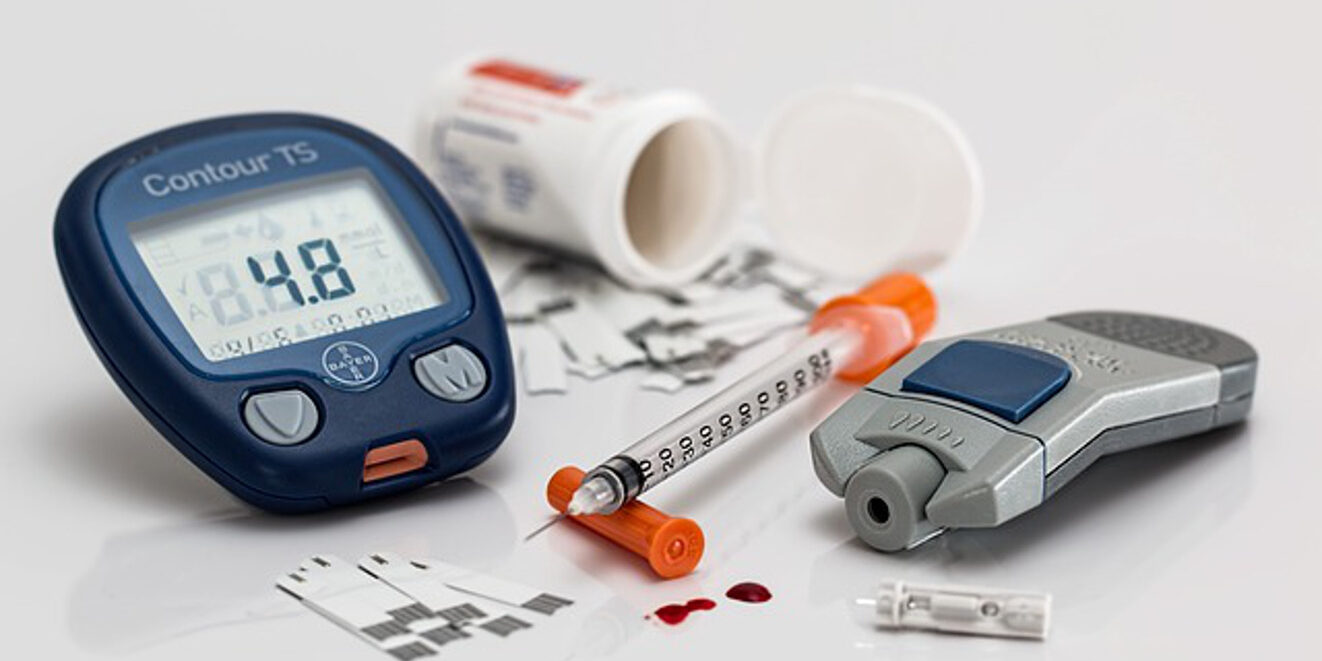Last November my nephew Gabe was diagnosed with T1D at the age of 9. This disease has changed their lives in so many ways and I am continually astounded at their strength and courage as they deal with the effects of this disease daily. I thought that the best way to try to educate others about this disease was to post about it and what better way to share the truth than to interview someone who deals with it on a daily basis. Here is my interview with my sister Jill, Gabe’s mother.
What is Type 1 Diabetes (T1D)?
– Type 1 Diabetes is a life-altering disease that can develop at any age, though it tends to develop more so in children and teenagers – which is why it is often referred to as Juvenile Diabetes. It is an auto-immune disease where the pancreas will eventually stop working. Insulin is needed to live. People with T1D experience high blood sugars and low blood sugars – both of which can be life threatening.
How does this disease affect you and your son on a daily basis?
– T1D is truly a game changer from the moment of diagnosis. Your life immediately changes – whether you are the one diagnosed or you are the care-giver to the diabetic. On a daily basis my son needs to test his blood sugar AT LEAST 5 times a day with a finger prick, not including additional times when he is high or low and retesting is needed. Every day he takes at least 4 insulin injections, sometimes more.
-Diabetes requires my son to take on a lot of responsibility. Every time he leaves the house he needs to make sure he has all of his necessary supplies in a backpack he takes with him everywhere (ie: meter, finger pricker, test strips [or as I like to call them “paper gold” LOL], juice boxes, granola bars, glucose tablets and an emergency glucaon needle – for if he should ever drop so low that he would be unresponsive).
– Activity and exercise, while healthy for Gabe, can also affect his diabetes – possibly causing him to drop low, so that can be a concern. Nighttime can be scary – my son has never woken up on his own in the middle of the night from a low blood sugar, so I set an alarm for 1 or 2 AM and I test him while he sleeps. Recently, Gabe has received his Diabetic Alert Dog (DAD), Willow. Willow is a 6 month old chocolate Labrador retriever and she is still in training. Eventually, she will be able to alert Gabe day and especially night to low and high blood sugars.
What are risks that you have to be aware of and try to avoid?
– When Gabe’s blood sugar drops to low (hypoglycemia), this makes him feel weak, exhausted, hungry, dizzy, irritable, and he can have blurred vision. Lows could be life-threatening and are treated by having a fast-acting sugar (ie: a juice box, a granola bar, skittles, or glucose tablets).
– When Gabe experiences a high blood sugar (hyperglycemia), he could feel extreme thirst, frequent urination, irritable or disoriented, hungry, dizzy, weak or tired. Highs can also be life-threatening and if not treated with insulin can increase chances of long term complications.
-If Gabe gets sick (i.e. flu, stomach bug, or even a common cold), this can affect his diabetes causing him to end up in the ER. Activity, stress, heat or sweating, and puberty can also affect Diabetics.
Is there a cure currently, or one being worked on by medical research?
– There is currently no cure for Type 1 Diabetes. Often times I read articles about medical researchers getting closer to finding a cure, or creating artificial pancreases and I hope one day that that will be true.
What are some misconceptions about T1D?
– My child must’ve eaten a lot of candy or sugary sweets to get Diabetes – FALSE! Eating sugar or candy does NOT cause diabetes.
–Healthy eating alone can cure T1D – FALSE! While it’s always a good idea to eat healthy, doing so will not cure diabetes nor will it guarantee normal blood sugar levels. Sometimes there is just no rhyme or reason to the blood sugars being what they are.
–Eating sugar-free foods is all a Diabetic needs to be concerned with – FALSE! While it’s good to know how many sugars a food has in it, CARBS is what a diabetic counts and uses to help determine how much insulin to administer.
– People with diabetes can’t eat sugar – FALSE! Our Pediatric Endocrinologist told us that Gabe can eat whatever he wants as long as he corrects with insulin (that doesn’t give you a free pass to eat junk food filled with sugars). Now mind you, we have found over the past year that just because technically you can eat it doesn’t mean that you SHOULD have it! For Gabe foods like donuts, cinnamon buns or sugary candies cause his numbers to skyrocket! And it’s just not worth a day filled with trying to combat that with testing and multiple insulin injections.
– TYPE 1 is the same as Type 2 – FALSE! While type 2 can be managed with healthy diet and exercise, Type 1 cannot. Someone with Type 1 Diabetes will need insulin each and every day to live and no amount of healthy eating and exercise can cure diabetes. I TRULY wish the two diseases had different names so people would not confuse them.
What do you want people to know about living with Diabetes?
– I want people to know that my son has an enormous amount of courage, strength, and endurance and he fights a battle each and every day with such bravery. I want people with Diabetes to know that you can achieve any goal you set for yourself and you don’t have to feel limited. I want to raise awareness of this disease, so others can be better informed. There are so many misconceptions and people just don’t know the facts. Knowing the symptoms of Diabetes can help save your child’s life.
Additional information and links to learn more about T1D:
Warning Signs of T1D:
- Extreme thirst
- Frequent urination
- Drowsiness or lethargy
- Increased appetite
- Sudden weight loss
- Sudden vision changes
- Sugar in the urine
- Fruity odor on the breath
- Heavy or labored breathing
- Stupor or unconsciousness
JDRF – Juvenile Diabetes Research Fund
I hope this post has taught you something about T1D that you did not know. Please share this post to everyone you know and pass on this information to raise awareness of this disease and to help find a cure! I’d love to hear your thoughts about this post or your personal stories of fighting T1D so please post a comment below.





Thank you for sharing our story Erin & for helping raise awareness to T1D!